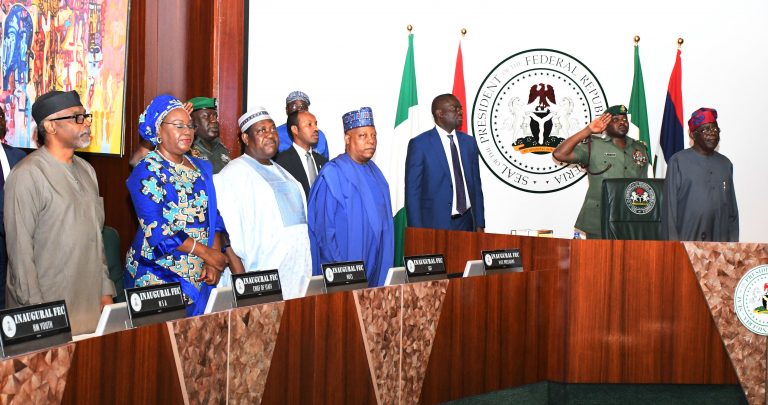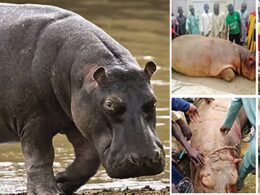The Federal Government of Nigeria has approved the release of a total of N110 billion. This funding will be channeled towards the operation of the newly restructured Youth Development Fund and investment in agricultural SMEs. The decision was announced by the Minister of Youth Development, Jamila Ibrahim, following Monday’s Federal Executive Council meeting at the Aso Rock Villa, Abuja.
According to Minister Ibrahim, the funds allocated for this initiative include N25 billion each from the 2023 supplementary budget and the 2024 budget. Additionally, another N60 billion will be sourced from the Central Bank of Nigeria. This substantial financial injection aims to provide much-needed support to young entrepreneurs and agricultural SMEs across the country.
The Nigerian Youth Investment Fund, which was established in 2020, underwent a comprehensive review by a technical committee commissioned by the current administration. As a result of this review, the fund has been restructured and institutionalized through a legal framework, leading to the establishment of the Nigerian Youth Fund. Minister Ibrahim emphasized that the approval for the immediate release of funds underscores the government’s commitment to youth empowerment and economic development.
An integral component of the revamped Youth Investment Fund is the establishment of clusters focusing on commodities of comparative advantage across the six geopolitical zones of Nigeria. These clusters aim to harness the potential of young entrepreneurs and SMEs in key sectors such as agriculture. Minister Ibrahim highlighted some of the proposed cluster initiatives, including cotton production in Katsina State, rice production in Ebonyi State, and land allocation for cluster formation in Niger State.
Furthermore, the Federal Executive Council approved the institutionalization of a 30 percent youth quota in all government appointments, along with equitable representation of young women. This decision aims to address the longstanding marginalization of young people in decision-making processes and encourage their active participation in national development initiatives.
In addition to youth empowerment initiatives, the council also approved a sector-wide approach to basic healthcare provision. This approach seeks to eliminate fragmentation between basic healthcare centers provision funds and development partners. The Minister of State for Health, Mr. Tunji Alausa, highlighted the significance of this approach in directing more resources to primary healthcare centers, thereby improving immunization rates, maternal and child health, and access to essential healthcare services.
Moreover, the council announced plans to enhance healthcare infrastructure by purchasing state-of-the-art CT scanners for the Federal Teaching Hospital Gombe. These investments in healthcare infrastructure and service delivery underscore the government’s commitment to improving healthcare access and outcomes for all Nigerians.
Overall, the approval of the N110 billion allocation for youth development and agricultural SMEs, along with the institutionalization of youth quotas in government appointments, reflects the government’s proactive approach to addressing socio-economic challenges and fostering inclusive growth and development across Nigeria.







![How Two FRSC Officers Were Killed by Unknown Gunmen in Anambra [PHOTOS] How Two FRSC Officers Were Killed by Unknown Gunmen in Anambra [PHOTOS]](https://reportafrique.com/wp-content/uploads/2022/04/imgonline-com-ua-twotoone-xRAmEmvqLp-260x195.jpg)


Join our Channel...